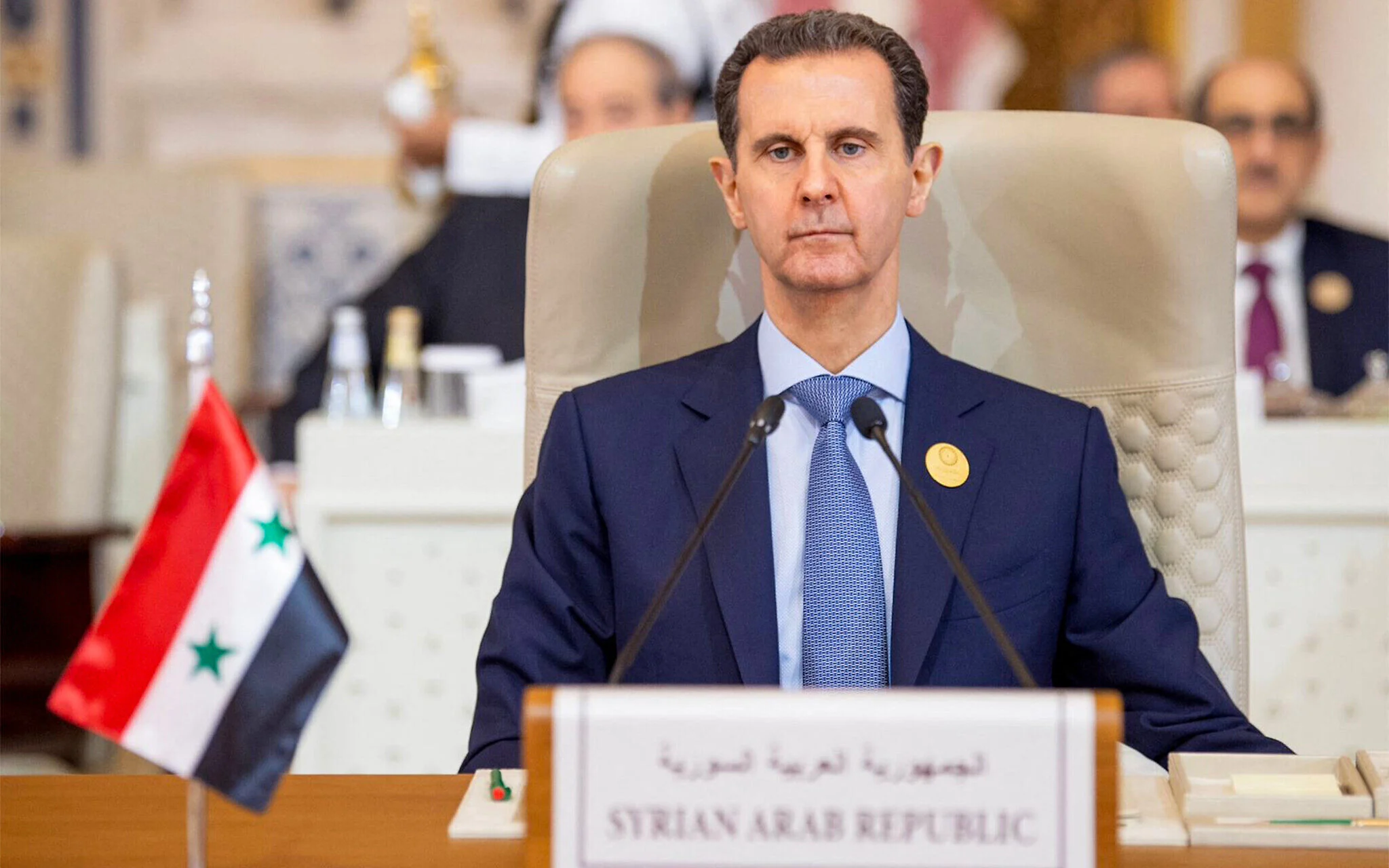Bashar al-Assad, the former Syrian president currently living in exile under Russian protection, has reportedly survived an assassination attempt involving poisoning. The incident, which allegedly took place in Moscow, has raised serious questions about the safety of Assad and the stability of his exile in Russia.
Details of the Poisoning Incident
According to reports from the online account General SVR, which is said to be managed by a former Russian intelligence official, Assad, 59, fell violently ill on Sunday. The symptoms included severe coughing and choking, leading to suspicions of poisoning. Medical examinations reportedly confirmed the presence of poison in his system, although Russian authorities have yet to release an official statement on the matter.
By Monday, Assad’s condition had stabilized, but the lack of transparency from Russian officials has fueled speculation about who might be behind the attempt and the methods used.
Assad’s Exile in Russia
Assad has been living in exile in Moscow since December 2024, following the rapid collapse of his regime in Syria. A rebel uprising, coupled with deteriorating support from key international allies, forced Assad to flee the country with his family. Russia, a long-time supporter of Assad during the Syrian Civil War, granted him asylum, sparking criticism and concern from various global leaders.
The former Syrian leader’s wife, Asma al-Assad, has also been living in exile with him. Asma, who was born in London, has reportedly faced difficulties returning to the United Kingdom due to an expired passport and ongoing diplomatic tensions. Recent rumors suggest that she may be seeking to return to the UK and potentially considering divorce, though these reports remain unconfirmed.
Speculations Around the Assassination Attempt
The poisoning attempt has heightened concerns about Assad’s safety, even under the protection of Russian President Vladimir Putin. While Assad’s regime has long been the subject of controversy and condemnation, the circumstances surrounding the poisoning remain unclear.
Analysts have speculated about potential motives for the assassination attempt. Some point to factions within Syria or the broader Middle East that may want to eliminate Assad as a symbolic act. Others suggest internal conflicts within Russia or dissatisfaction with the costs of protecting Assad as possible reasons.
“This poisoning attempt raises serious concerns about the guarantees Russia has offered to Assad and his family,” said a Middle East security analyst. “If Moscow cannot ensure his safety, it signals vulnerability that could have ripple effects throughout the region.”
Implications for Regional Stability
The assassination attempt has significant implications for the ongoing crisis in Syria and the broader Middle East. Assad’s exile marked a turning point in the Syrian conflict, but his survival remains a contentious issue for many factions. Rebel groups in Syria, opposition leaders in exile, and international human rights organizations have all expressed frustration with his continued protection by Russia.
The poisoning incident also highlights the fragility of Assad’s situation in exile. If safety cannot be assured for the former leader, it could deter other political figures from seeking asylum under Russian protection in the future.
A History of Violence and Controversy
Assad’s regime has been widely condemned for its role in the Syrian Civil War, which began in 2011 and resulted in hundreds of thousands of deaths and millions of displaced individuals. Allegations of war crimes, including the use of chemical weapons against civilians, have led to international sanctions and calls for Assad to face trial at the International Criminal Court.
Despite his controversial legacy, Assad managed to maintain power for over a decade with the support of allies like Russia and Iran. His exile to Moscow marked the end of his rule, but his presence there continues to stir tensions both within Syria and on the global stage.
The Path Forward
As international attention turns to Moscow, questions remain about the circumstances surrounding the poisoning and what it means for Assad’s future. If confirmed as an assassination attempt, it underscores the ongoing risks facing high-profile figures in exile. For Assad, it is a stark reminder that even in exile, his life remains fraught with danger.
The international community will be closely monitoring developments, particularly any further information from Russian authorities. For now, Assad’s survival adds another layer of complexity to the already volatile situation in the Middle East.
This is a developing story. Updates will follow as more details emerge.

